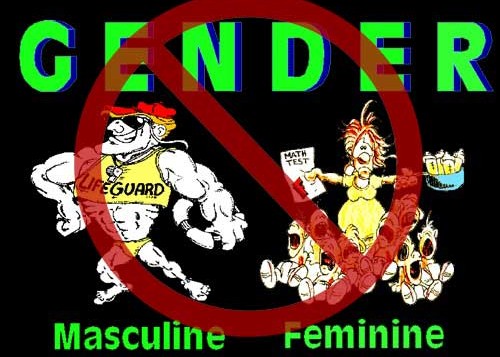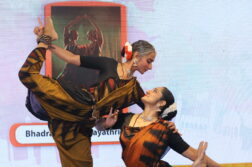In India, rape and sexual harassment are often seen as a reflection of a society deeply ridden in patriarchy with the woman being abused and the man inflicting the abuse. Debates on this subject have pushed for change that would empower women and put a sensitive system in place that addresses such crimes and works towards a change in society. But is this enough?
A patriarchal society does not merely make a woman subordinate. It limits the role of a man. Sexual abuse is not only inflicted on women but also on men and often by men themselves. While there is no doubt that women need to be protected from abusive men, the defined role and description of a man is such that he has to be powerful and dominant. Besides the expectation is also that his partner would be a woman, the subordinate individual.
It took years for society to accept men as active members in a kitchen, someone who can design clothes for women, would love to run a home, spend time with children, or even cry. The point is not about men taking over traditionally assumed spaces that women were limited to but is about the realisation that men would probably move into different spaces and assume a notion of women that is far more equal. Women would also have more options to choose from and a role that is not limited primarily to what we see generally and assume is her domain.
This is not where the impact of patriarchy ends. Opaque senselessness that has hinged beliefs on fixed notions has an impact that goes beyond public life: a woman can only partner a man. A man can only love a woman who has to ‘serve’ him.
Patriarchy interferes with the reality of homosexuality as well as bisexuality. What we see in all the ‘progressive’ debates and laws on rape, molestation and sexual harassment is the absence and exclusion of an important section — the LGBT community. And if you take a closer view of this community, you would see probably a lot more similarities in the abuse and suffering that women go through. The only difference is their (LGBT) form of love is a crime in itself.
Now, if given a chance, more men can appear as beauties, as we slowly see them emerge from being the macho man. But something as simple as this is difficult for a society such as ours to assimilate.
If we were to realise and appreciate the transcending possibilities of differing roles and individuality, we could be a far more caring culture. We would today, not just count the number of sexual assaults against women but also count and take action and raise voices every time a man or boy is abused within his own home. Reports suggest that almost 60% of children face abuse in domestic surroundings and one could safely say that boys too are abused.
These children grow into a system that permits such acts and then limits each individual into a prototype of sorts. A boy should not cry, that is the privilege of women. A man can’t be seen as to have been abused. That is a sign of weakness which questions the strength that defines manliness, and so on. And yes, everyone is heterosexual, those who aren’t, are not normal!
In this state and time we live in, discourse needs to have a broader parameter and sense of reality. What is needed is a gender-neutral policy that sees each human being as one. By viewing each other in different roles, particularly the male, we could seriously be challenging patriarchy leading to a far more significant change in society.
Sharif D Rangnekar is CEO & Director, Integral PR
The views expressed by the author are personal





